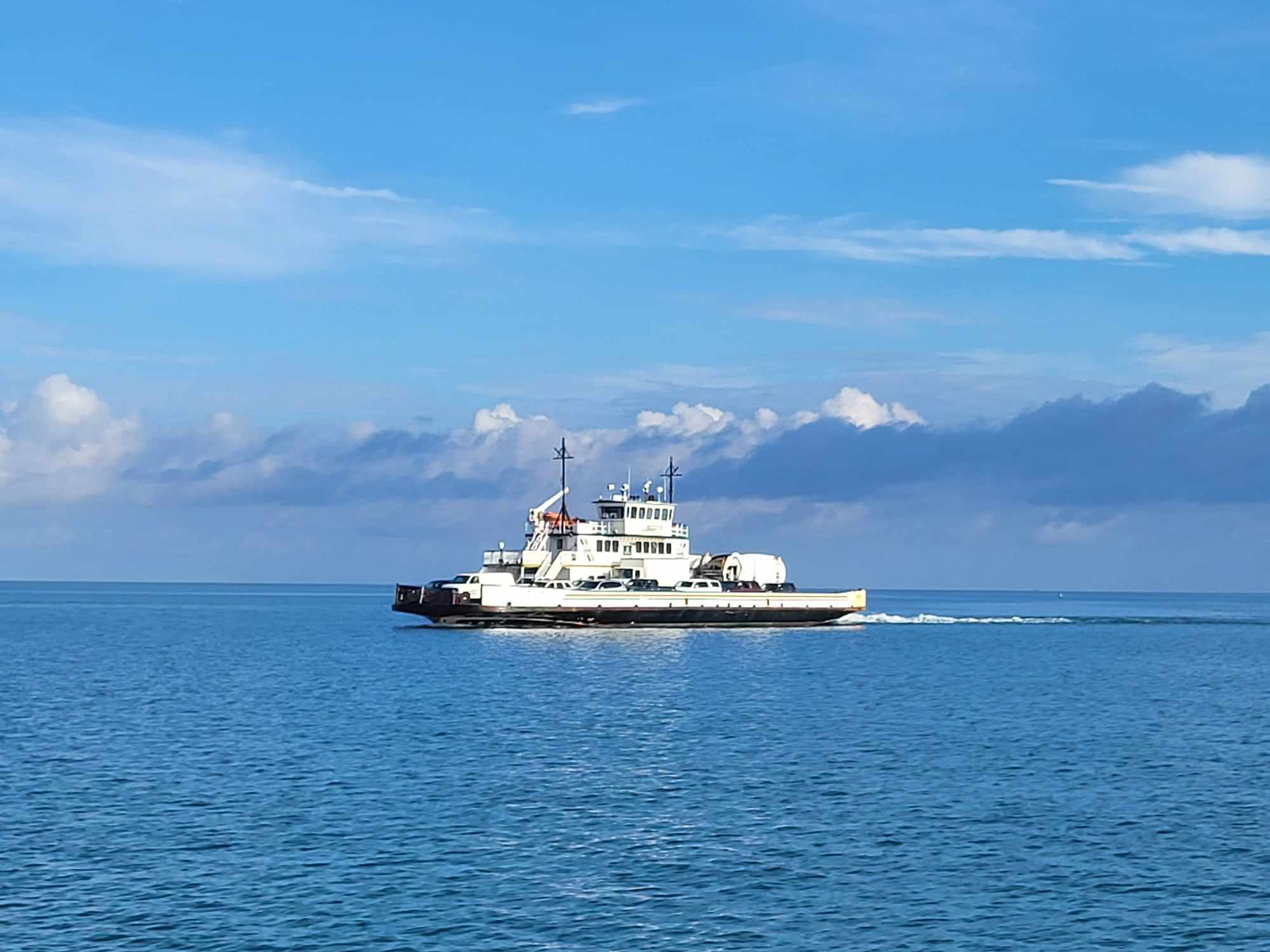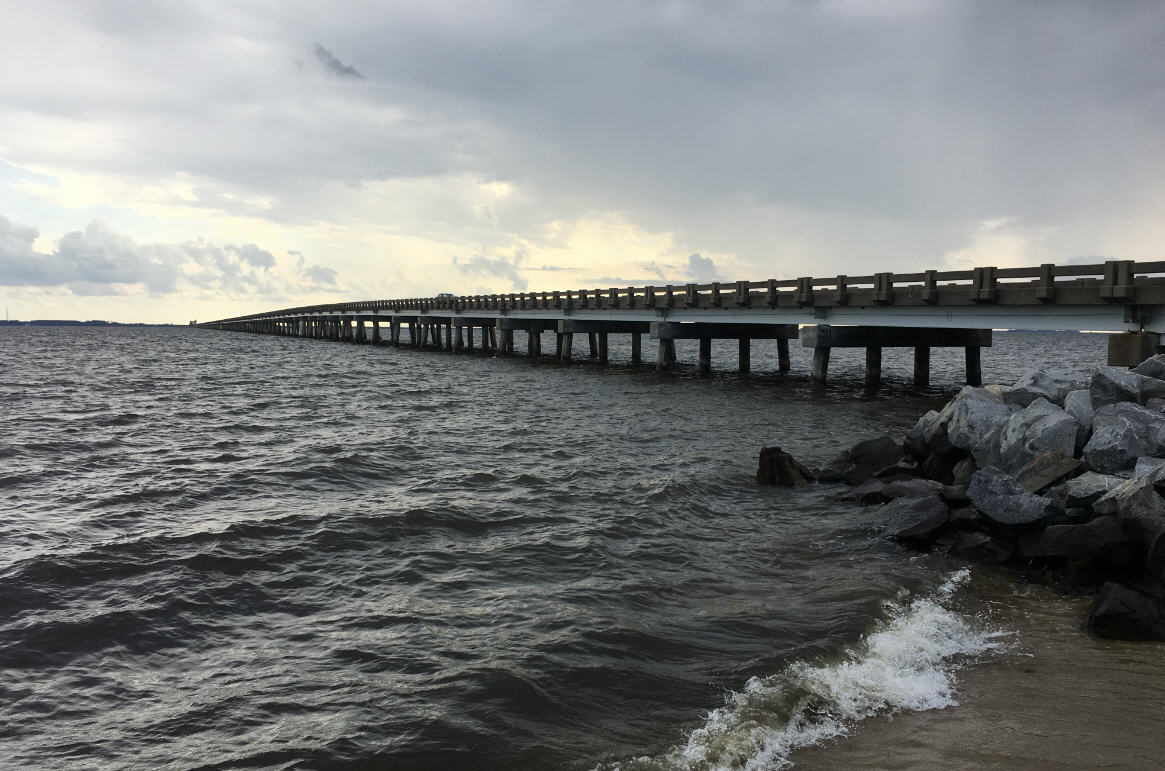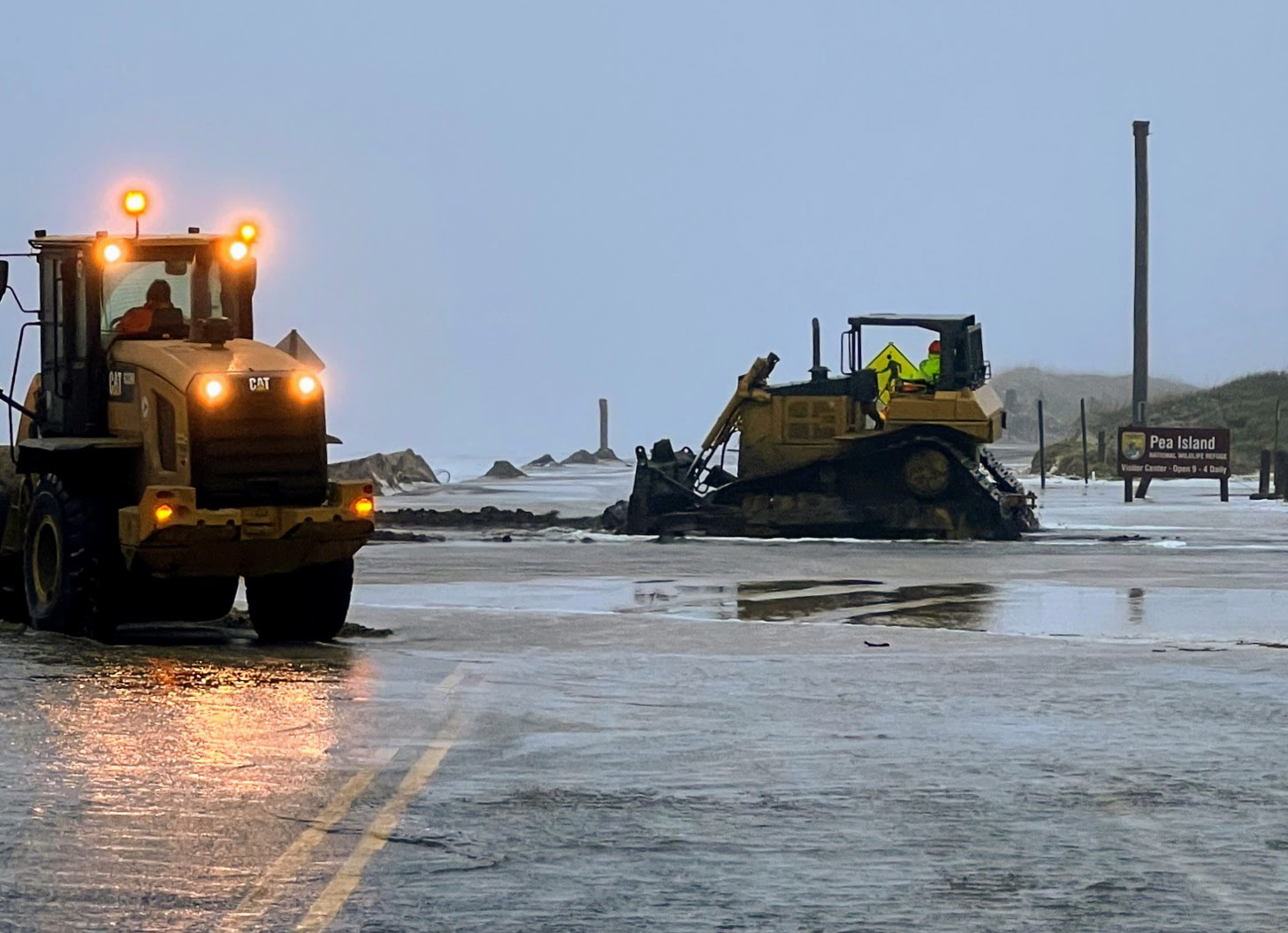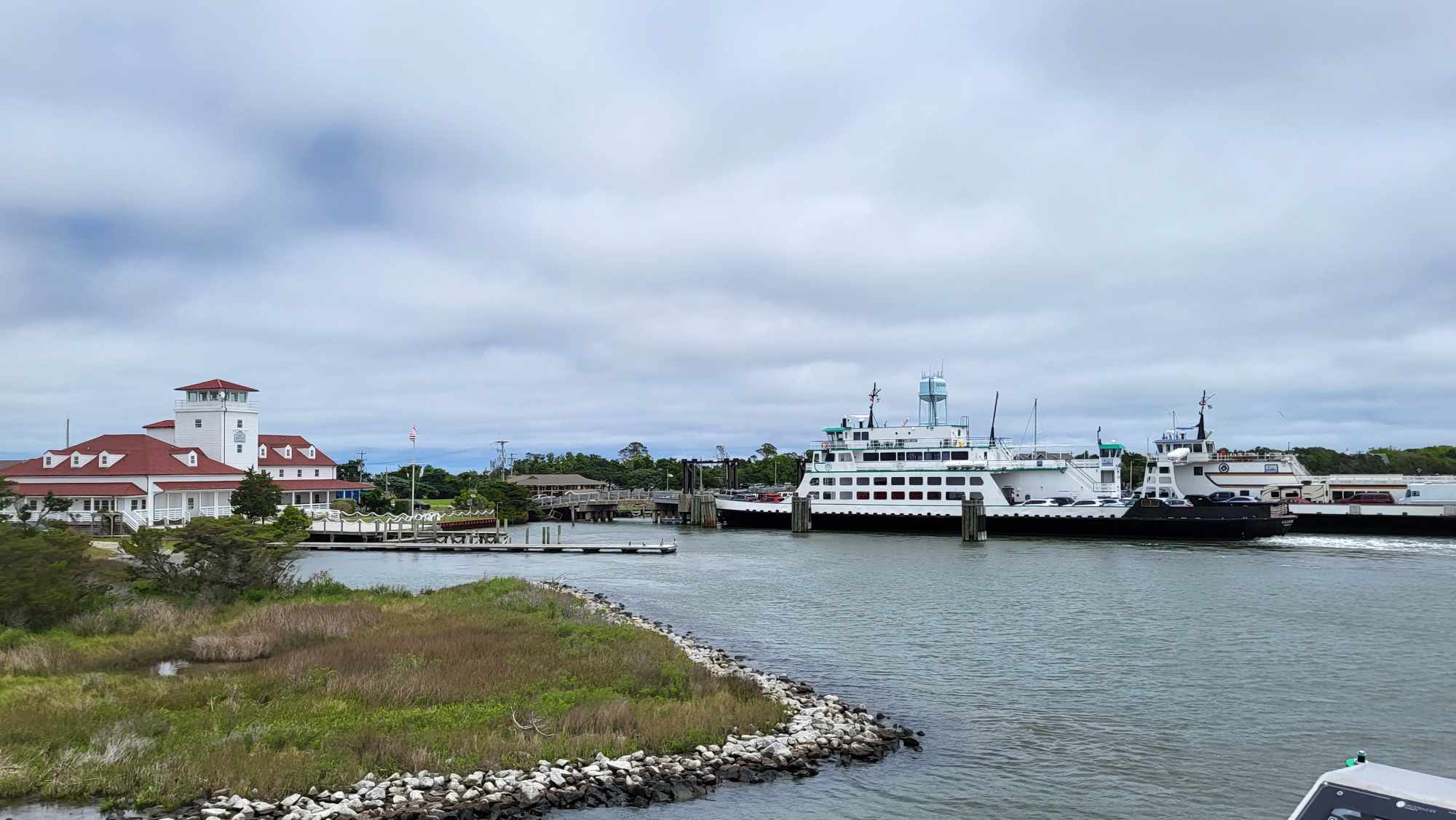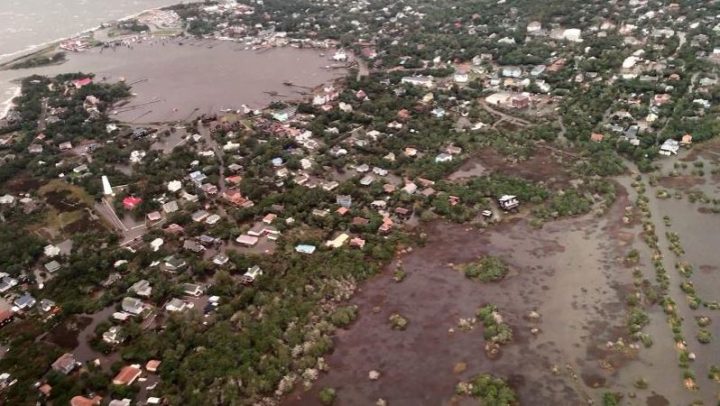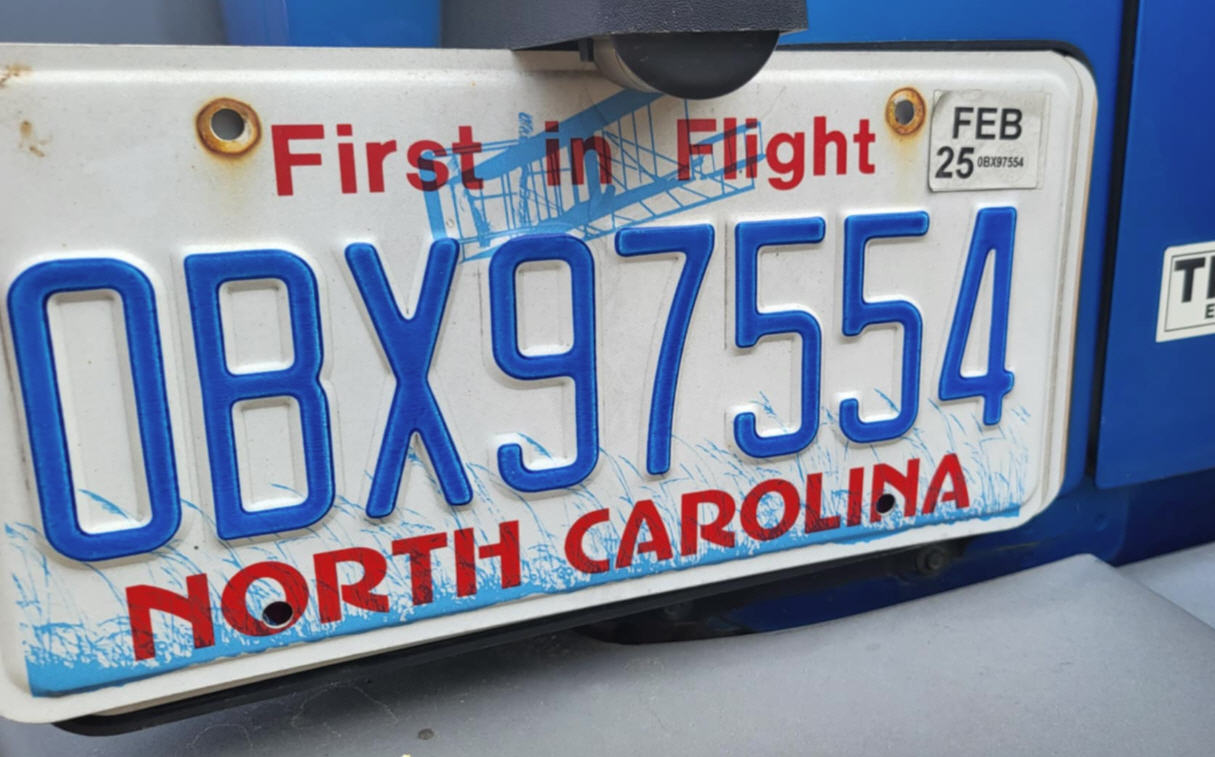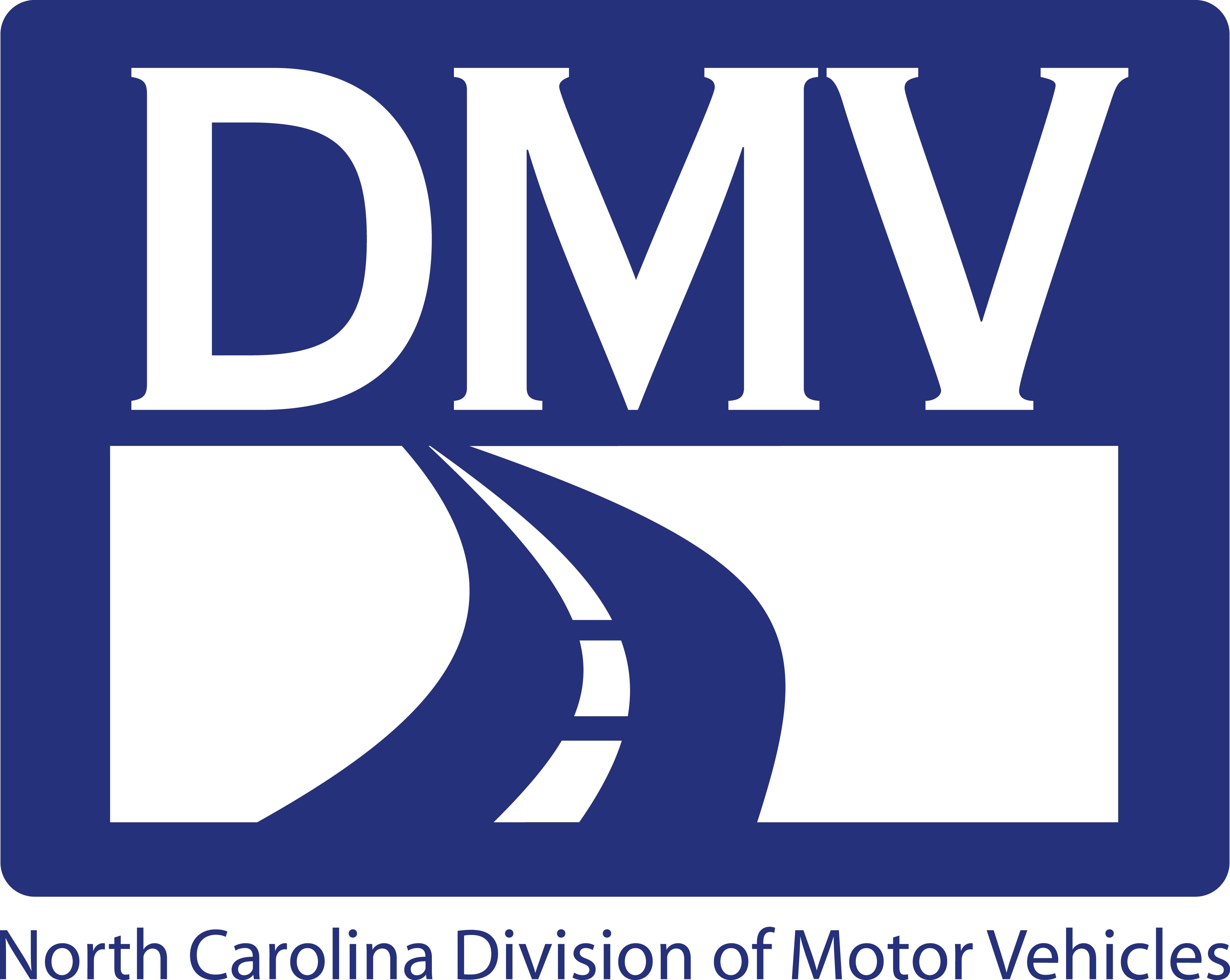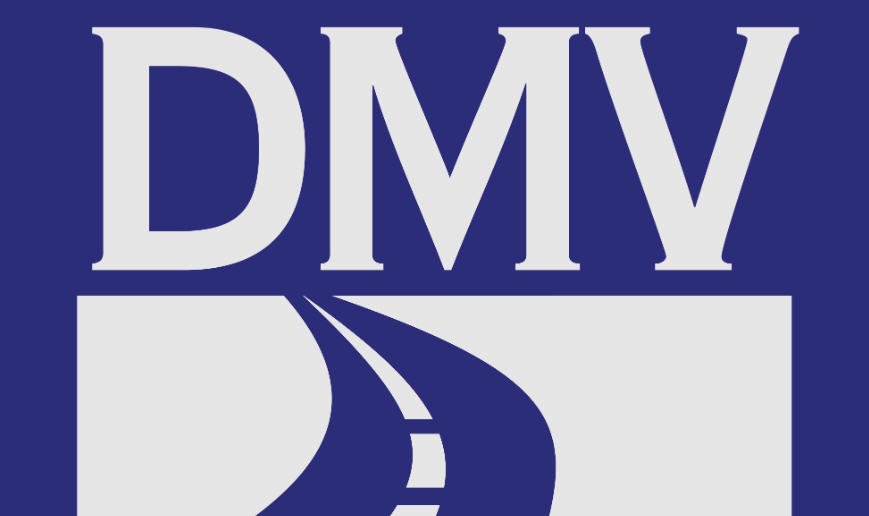Guest Column: Breast cancer can be a learning experience
After learning that I had breast cancer, I was sure the skies would part and a light would shine down from heaven revealing the true meaning of life.
To my surprise, life went on pretty much as it had before my diagnosis, and I can’t say that knowing I had cancer helped me unravel the world’s mysteries.
Maybe I missed the signs. What seemed like an endless round of doctors’ appointments and medical tests didn’t leave much time for philosophical contemplation.
Waiting for the pathology results that confirmed that the suspicious lump in my breast was cancer was probably the most difficult period for me. I told myself over and over again to stop anticipating the results and rehearsing my reaction, but for several days my thoughts bounced from “this can’t be cancer” to “I better get my affairs in order.”
When my surgeon confirmed that I did have cancer, he explained that I had treatment options. I could have a lumpectomy followed by chemotherapy and radiation, or a mastectomy and chemotherapy. I waited a few minutes for my doctor to offer a more appealing option, but none followed. He said there was no urgency in making a decision – most breast cancers grow slowly and taking time to decide on a course of treatment was appropriate.
After meeting with my oncologist, I decided that a lumpectomy, chemotherapy, and radiation was the best choice for me.
With that decision, I was anxious to get started.
Despite assurance from my oncologist that many side effects of chemotherapy could be managed, I approached my first chemo treatment with apprehension. After the drugs designed to kill blood cells finished dripping into my veins, I was surprised that I didn’t feel different. But a few days after each treatment, a heavy exhaustion that didn’t respond to napping set in and only eased as my blood count rebounded.
I didn’t experience that sort of extreme exhaustion with radiation.
Oddly enough, though, there were times during radiation treatment that I missed the social setting of chemotherapy where I sat with other patients for hours while drugs with long names coursed through our veins.
Sometimes we talked about cancer and chemotherapy, but, as often as not, we talked about other things. I remember an elderly woman from Elizabeth City describing her family’s Thanksgiving meals in such detail that I vowed to perfect an oyster stuffing.
So maybe the meaning of life wasn’t revealed to me as I faced my breast cancer, but I did learn a few things that year.
I learned that some people know exactly what to say to boost a cancer patient’s spirits. I never figured out if that characteristic was learned or instinctive, and never identified a common denominator shared by that group of people.
I learned that diversion and distraction can be therapeutic. Don’t get me wrong – I wasn’t unappreciative of the concern of family and friends who called to ask how I was doing. But talking about cancer all the time grew boring.
I learned that life can be a crap-shoot.
I learned that it is important to remember that the world is full of people who have survived unimaginable situations with the greatest dignity and strength.
Since my diagnosis, my mother and several friends also have faced breast cancer challenges, and I have learned that their stories are not the same as my own.
Now you don’t have to leave the Outer Banks anymore for chemotherapy. Chemotherapy treatment is one of the services available at The Outer Banks Hospital. For information on chemotherapy at The Outer Banks Hospital, contact 449-5637, Monday–Friday from 7 a.m. to 5 p.m.
(Susan West is a freelance writer who specializes in fishing issues and who live in Buxton.)
About the Get Pinked! Campaign
How can you Get Pinked? Raise $1,000 and partner with The Outer Banks Hospital’s Get Pinked! Campaign to fight breast cancer in Dare County. The goal is to give every woman and man in Dare County the very best chance to survive the disease of breast cancer. For more information call the hospital’s Development Office at 252-449-9183.
The Outer Banks Hospital Development Council is a subsidiary of University Health Systems Foundation in Greenville. The mission of the council is to develop relationships and secure financial resources to support the health and wellness services of The Outer Banks Hospital. Council members have raised funds to underwrite the costs of projects from the opening a Cancer Resource Center located in the Medical Office Building adjacent to the hospital and purchasing technology and equipment for the identification and treatment of cancer and other diseases.




